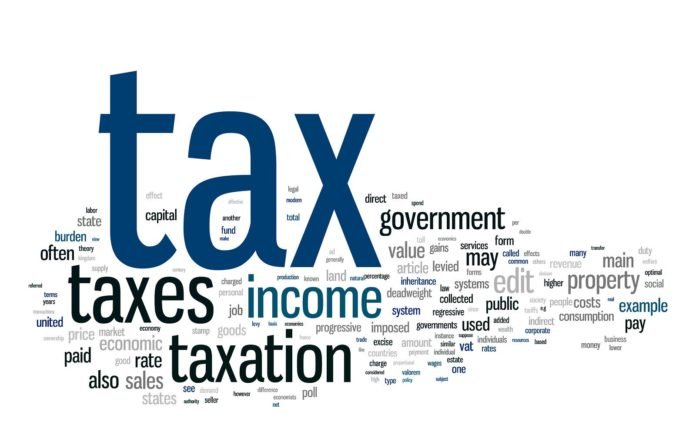Corporate taxation is a complex and important issue for businesses of all sizes. Every company must navigate the complexities of tax law to ensure compliance, minimize liability, and maximize profits. Taxation is a necessary component of any functioning society, providing the funds necessary for governments to operate and support the services and infrastructure necessary for the economy and society to function. Tax laws, regulations, and policies are constantly changing, and businesses must stay up-to-date to ensure compliance.
In this article, we will discuss the basics of corporate taxation, including the types of taxes, the different levels of government that levy taxes, and the ways in which businesses can navigate tax laws to ensure compliance and minimize liability. We will also discuss the role of tax planning in corporate governance, and the importance of effective tax strategies for long-term business success.
Types of Taxes
The primary types of taxes that businesses must pay are federal, state, and local taxes. Each level of government has its own tax laws and regulations, and businesses must comply with all of them. Failure to comply with tax laws can result in penalties, fines, and even legal action.
Federal Taxes
The federal government imposes a variety of taxes on businesses, including income taxes, payroll taxes, excise taxes, and estate and gift taxes. Income taxes are the largest source of revenue for the federal government and are based on the net income of a business. The corporate income tax rate is currently 21%, but it is subject to change.
Payroll taxes are taxes that employers must pay on behalf of their employees. These taxes are used to fund Social Security and Medicare. Excise taxes are taxes on specific goods and services, such as gasoline, cigarettes, and alcohol. Estate and gift taxes are taxes on the transfer of wealth, and they are paid by the person giving the gift or by the estate of the deceased.
State Taxes
Each state has its own tax laws and regulations. Most states impose an income tax on businesses, although some states do not. Sales taxes are also common at the state level. Other common state taxes include property taxes, excise taxes, and payroll taxes.
Local Taxes
In addition to federal and state taxes, businesses must also pay local taxes. These taxes vary widely depending on the locality, but they often include property taxes and sales taxes.
Navigating Tax Laws
Navigating the complex world of tax laws can be challenging, but it is essential for businesses to do so to ensure compliance and minimize liability. One of the best ways to navigate tax laws is to work with a qualified tax professional. Tax professionals can help businesses understand the intricacies of tax law and develop effective strategies for compliance and tax planning.
Effective tax planning is a critical component of long-term business success. By developing effective tax strategies, businesses can minimize their tax liability and increase profits. There are many different tax planning strategies that businesses can use, including:
- Choosing the right legal structure: The legal structure of a business can have a significant impact on its tax liability. For example, corporations are subject to a different tax rate than sole proprietorships or partnerships. By choosing the right legal structure, businesses can minimize their tax liability and maximize profits.
- Taking advantage of tax credits and deductions: There are a variety of tax credits and deductions available to businesses, including research and development credits, energy credits, and deductions for depreciation and capital expenses. By taking advantage of these credits and deductions, businesses can reduce their tax liability and increase profits.
- Managing income and expenses: By carefully managing their income and expenses, businesses can minimize their tax liability. For example, businesses can time their income and expenses to minimize their tax liability in a given year.








